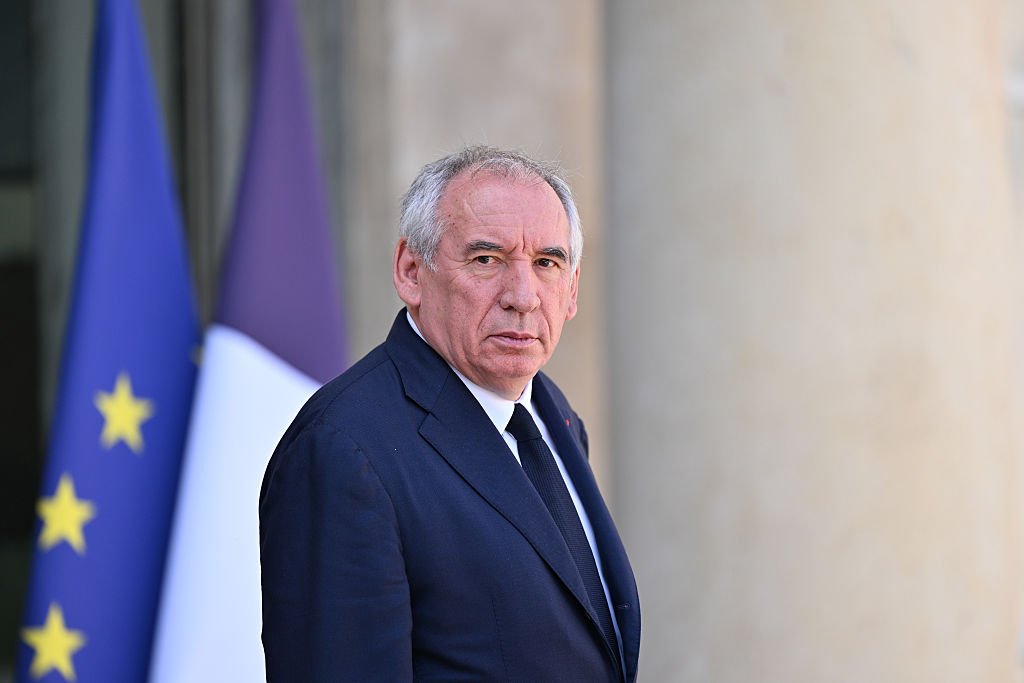When François Bayrou convened his ministers at 3:30 pm on Monday, few knew what was coming.
By 4 pm, the French prime minister stunned many of his own allies by publicly announcing that he would seek a confidence vote in parliament.
Bayrou’s €44 billion austerity package, meant to rein in France’s ballooning deficit, is deeply unpopular. But he gambled that his opponents would rather keep him in place than risk voters’ opprobrium for dragging the country’s precarious public finances through more months of uncertainty.
He was wrong. Marine Le Pen’s National Rally (RN) and the Socialists quickly announced that they would vote him out, shutting the door on compromise.
Having gambled and lost, Bayrou had little choice but to stay the course. He took to national television on Wednesday night, warning that should his government fall, France was staring into “a dangerous abyss”. Perhaps the opposition would change their mind, he added.
There is little sign of that for now. A Toluna Harris Interactive poll found that two-thirds of French voters want their lawmakers to vote against the confidence motion.
And even Bayrou’s centrist allies are showing unease at the prime minister’s strategy, which seems unprepared at best.
“The moment was one of pure shock,” said one senior French official from President Emmanuel Macron’s party, Renaissance, speaking on condition of anonymity. “We first thought it was a brave move, but then realised no one had really been consulted … And it has all collapsed.”
Electroshock
Also speaking on condition of anonymity, a longtime adviser to Macron said that Bayrou’s manoeuvring is only adding to the sense of chaos.
“This is the poison of the dissolution [of parliament in 2024] coming back,” the adviser said. “Bayrou feared his budget would be chopped up in the mill, so he opted for an électrochoc. But instead of constructing a compromise or coalition – the very thing he has long championed – he underestimated both his unpopularity and the brutality of French politics.”
Among Bayrou’s own ministers, few have sought to defend him personally, focusing instead on the need to pass a budget.
Macron, who, according to Bayrou, backed the proposal, waited for three days before offering less than full-throated support. Government spokesperson Sophie Primas said that the president supported “the approach”.
In reality, according to the first French official, Bayrou “is on his own”.
One has to look further afield, to Brussels, to find those willing to defend the prime minister. Nathalie Loiseau, an MEP from one of Macron’s allied parties, Horizon, conceded that Bayrou had bypassed coalition partners but defended his core message.
“He set out very clearly the need to restore public finances. The Pavlovian reaction of the opposition was deplorable,” Loiseau told Euractiv. “Yes, the method could have been more open to dialogue, but was there really anyone on the other side willing to engage in dialogue? France has no culture of coalition, and the irresponsibility is not only on Bayrou’s side.”
Bayrou’s allies insist the gamble reflects both courage and conviction, and was not taken in haste. “François is a reflective man, not someone who acts on impulse,” said Marie Pierre Védrenne, a centrist MEP from Bayrou’s MoDem party.
“He has always put parliamentary responsibility at the heart of politics. He took the risk of speaking directly to the French and asking deputies to face their responsibility. That is not improvisation, it is courage.”
Call it what you like. The risk now, according to Macron’s longtime adviser, is that another dissolution or change of prime minister could pave the way for the far right and its ultimate prize: the presidency in 2027.
(vc, mm)





